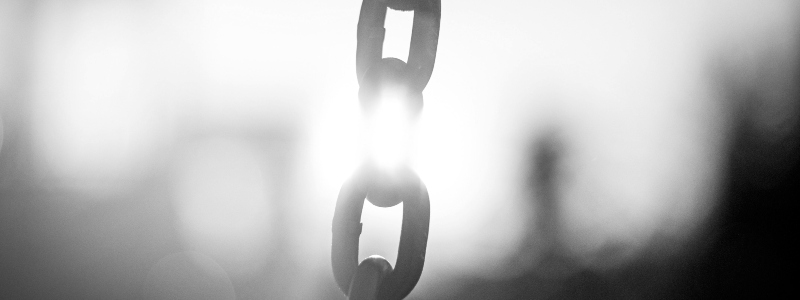Does psychotherapy cure addiction?
The answer to this question depends very much on whether addiction is seen as a disease in the medical sense of the word, and secondly, on whether it is indeed the goal of therapy to cure.
In response to these questions, I would suggest that rather than being a disease (as the 12-Step programmes are so fond of framing it) addiction is in fact a maladaptive way of managing uncomfortable feelings in lieu of more functional methods. Good affect regulation – the art of navigating our constantly changing emotional states – depends on our ability to use our mind to self-soothe and seek out other humans who will be available to witness and validate our experience. For some, reaching out to others is simply too frightening, and it becomes safer to use a substance or behaviour as a pseudo-other.
I would further suggest that the role of good psychotherapy is to help clients to build their minds so that they can use their minds to regulate their emotional state (see my previous blog on affect regulation.) It is not to cure. That does not mean that psychotherapy is not useful or an effective treatment, but it is a treatment to build the capacity to both process unprocessed experience and to help regulate affect.
What is addiction?
Addiction is a fascinating arena and one in which research is continuing, with conflicting ideas, views and theories competing for attention. However, some things have been established.
Addiction is a repeated behaviour that is used as a way of changing our experience and as a result changes our brain; the more we engage with the behaviour to change our experience, the more it changes our brain, making it more likely we then resort to the behaviour again. For many, it is a painful loop – especially where their addiction is socially unacceptable – drug addiction vs. being a workaholic – and has a higher cost of their relationship to self and others.
All addiction is chemical
Some researchers continue to try and draw a fundamental distinction between substance and behavioural addiction. All addiction, I would argue, contains elements of both. For example, someone who has an addiction to the most socially acceptable drug – alcohol – may find that their body goes through alcohol withdrawal when they stop drinking. However, the success of their sobriety also involves letting go of significant behavioural aspects to their addiction such as socialising with certain friends; frequenting certain establishments; and even letting go of the pleasure of the ritual of pouring that 20-year old whisky from the decanter into a crystal tumbler at a specific time in the evening. At the point of engaging in the ritual – moving to pour that drink – the addiction has taken over.
And behavioural addictions such as compulsive gambling; sex and pornography addiction and gaming addiction, to name a few, may on the surface seem to be simply behaviours without any substance influence, however, this is simply not the case. Brain scans have shown that the brains of addicts light up in just the same way as those of substance abusers when that individual thinks about their addiction of choice.
Therefore ALL addictions change the brain and it can be argued that all addictions, irrespective of the substance or behaviour, are in reality an addiction to the chemicals and hormones released in the brain when engaging with that addiction – most notably, dopamine.
Addiction as an attachment disorder
Rather than viewing addiction as a weakness, disease or label for a person’s behaviour, it is far more helpful from both a compassion and treatment perspective to view the addiction as a way that that person regulates their emotional state, and to recognise that this has come about through a lack of emotional witnessing, validating and normalising behaviour (emotional neglect) on the part of their primary caregiver. The behaviour and/or substance functions as a pseudo-relationship for the addict – one that feels far more consistent, safe and trustworthy than their experience of other close relationships has been. This is also why despite loving their partners, families and children, some addicts simply cannot face letting go of their most important relationship – the addiction – and will forsake all others to protect it.
Who can heal the addict?
Psychotherapy is often critical in helping people with addictions to learn to adopt more functional ways of self-soothing and getting their needs met in relationship. However all of this depends on being able to hold onto that thinking mind – the ability to mentalise – first and foremost and this can only happen through a prolonged and attuned therapeutic relationship.
Mark Vahrmeyer is a UKCP Registered Psychotherapist working in private practice and palliative care.
![]() Click here to download and save a full PDF of this blog post.
Click here to download and save a full PDF of this blog post.

I believe that psychotherapy can cure addiction. Our mind is very powerful. So, I think if we set our mind onto something, it can be achieved be it curing one’s addiction.